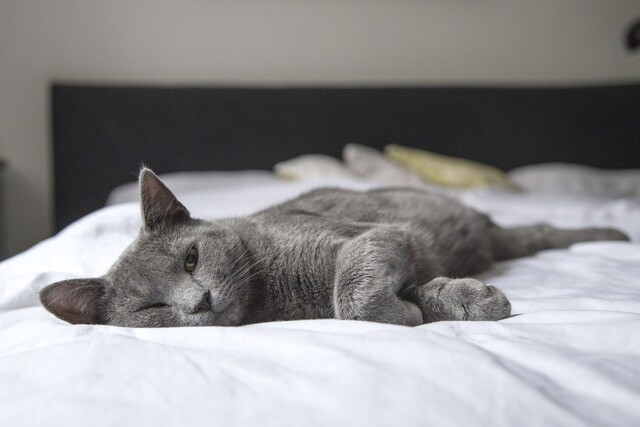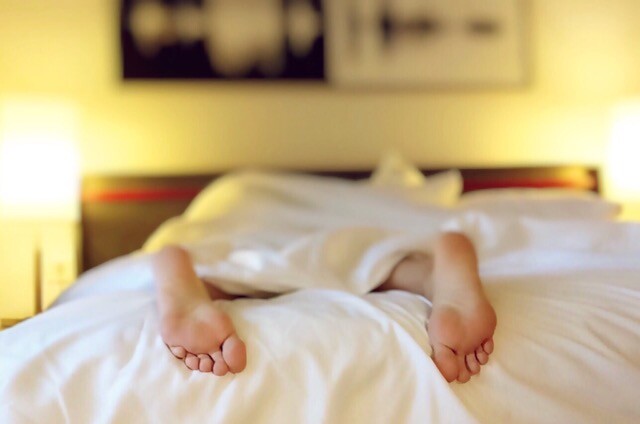Hello Lovelies,
Struggling to get a good night’s sleep? Look no further! If you are like me, a good night’s sleep can be hard to come by. I have seven tips for a blissful night of sleep and an energized wake-up!
Schedule Your Sleep: The most important thing you can do is to set a time to sleep and rise. It’s better to wake up at the same time every day, even on weekends, as your body clock guides your wake-up time rather than your bedtime. I’ve been getting up before 6 am for as long as I can remember. On the odd morning that I don’t wake up naturally, the cats see that I don’t sleep in.
Create the Right Ambiance: According to experts, your room should be cool, say 65-68 degrees, and drawing the curtains and blinds is best. Stop working two hours before bedtime. Clear your bedside of electronics at least one hour before. Reduce noise to the extent you can, or turn on a fan to minimize the interruption.
When it comes to creating a cozy and comfy bedroom, investing in a high-quality mattress and luxurious linens is an absolute game-changer. Trust me, it’s the little things that make all the difference!

Seven tips for a blissful night of sleep
Avoid Eating, Alcohol, and Caffeine: Not forever, but three hours before hopping into bed. Although alcohol can make you feel drowsy, it reduces REM and disrupts your sleep. REM sleep is essential for memory consolidation, emotional processing, brain development, and dreaming. REM should make up about 25% of your overall sleep time. Eating too close to bedtime can make it harder to fall asleep and cause awful heartburn.
Reserve Your Bed for Sleep and Sex: This is a difficult one for me as I enjoy reading in bed before turning out the lights. Limiting the bed to these two activities will cause your brain to associate with the bedroom, meaning it’s time to get ready to fall asleep.
Limit Daytime Snoozing: What is the 30-90 Rule? The 30-90 rule is a guideline for enjoying a good nap without feeling groggy afterward. Your naps should last 30 minutes or less — OR be at least 90 minutes long to improve physical health and cognitive performance.
Get Up and Move: Work at least 30 minutes of physical activity into your day to maintain good health, but there’s more. “We have solid evidence that exercise does help you fall asleep more quickly and improves sleep quality,” says Charlene Gamaldo, M.D., medical director of Johns Hopkins Center for Sleep at Howard County General Hospital. Plus, it reduces stress.
Ollin and I walk at least two and a half miles three nights a week. I’ll walk an additional few miles on Mondays, Wednesdays, and Fridays, the days I take my weight classes. I try to make the pilates class on Thursday, as it strengthens, conditions, and tones muscles. I find that I have fewer aches and pains, and I move smoothly without stiffness.
Jump in a Hot Shower: I take a few deep, slow breaths and usually immediately fall asleep. If I find that I am lying awake for more than 10 minutes, I hop up and take a two-minute hot shower. It works every time.
Your physical health and efficient brain function depends on getting enough sleep. Your body relies on enough sleep to combat increased risks for chronic health problems. I hope these suggestions help you get a good night’s sleep.
I take magnesium before bed to help me sleep through the night. It does offer some relief most nights. There are several types, so consult a physician or nutritionist to learn the best for you.
Feel free to let me know if you have ideas for better sleep that have helped you.

You might also like Five Self-Care Rituals You Can Do Right Now
Resources: World Sleep Society

